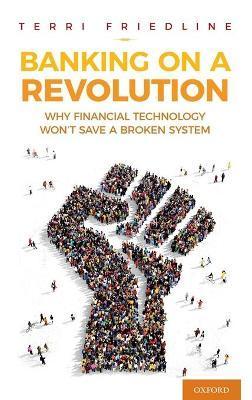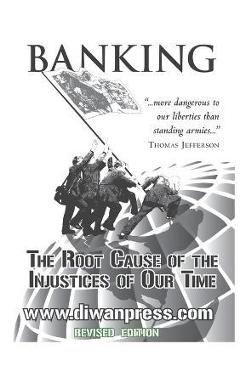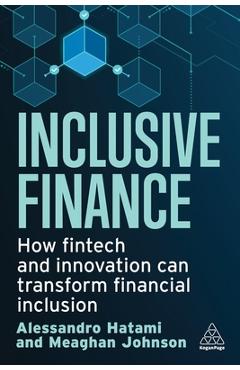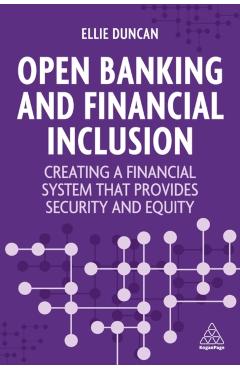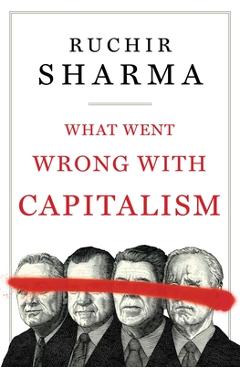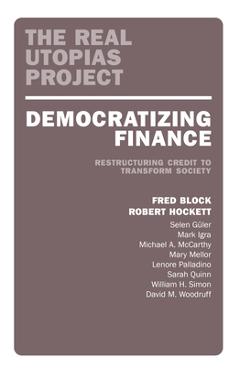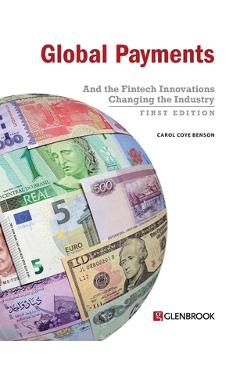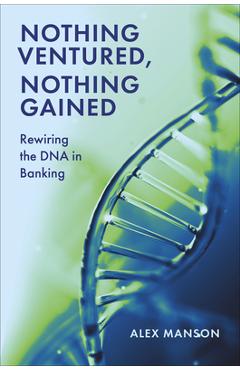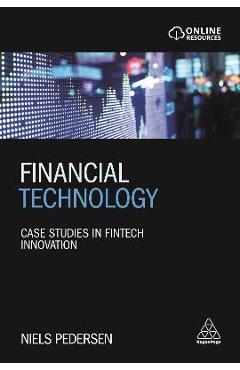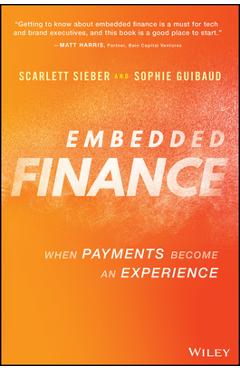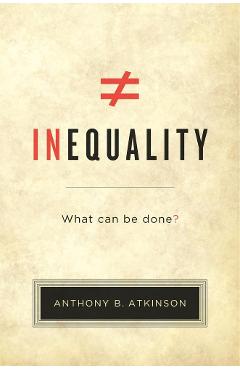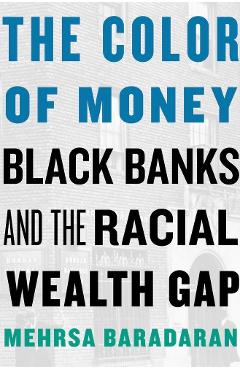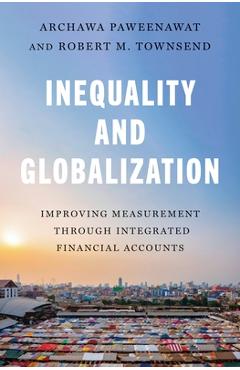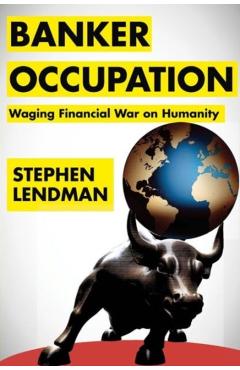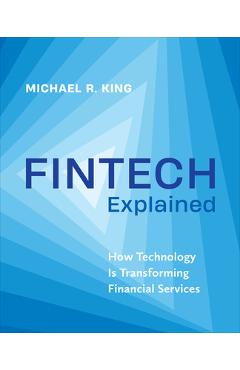Can grassroots social movements impact the financial system? Technological advancements are poised to completely transform the financial system, and soon it will be unrecognizable. Banks are increasingly using financial technologies ("fintech") to deliver products and services and maximize their profits. Technology enthusiasts and consumer advocates laude the field for its potential to expand access to banking and finance. However, if history is any indication, fintech stands to reinforce digital forms of redlining and enable banks' continued racialized exploitation of Black and Brown communities.
Banking on a Revolution takes the perspective that the financial system needs a revolution-not the impending revolution driven by technology. Studying the various ways the financial system bolsters whites by exploiting and marginalizing Black and Brown communities, Terri Friedline challenges the optimistic belief that fintech can expand access to banking and finance. Friedline applies the lens of financialized racial neoliberal capitalism to demonstrate the financial system's inherent racism, and explores examples from student loan debt, corporate landlords, community benefits agreements, and banking and payday lending.
Banking on a Revolution is deeply rooted in theory and research, and it presents new interpretations of the climate crisis, student loan debt, and community benefits agreements and their relationships to the financial system. The book makes a compelling case for a revolutionized financial system that centers the needs, experiences, and perspectives of those it has
historically excluded, marginalized, and exploited.
